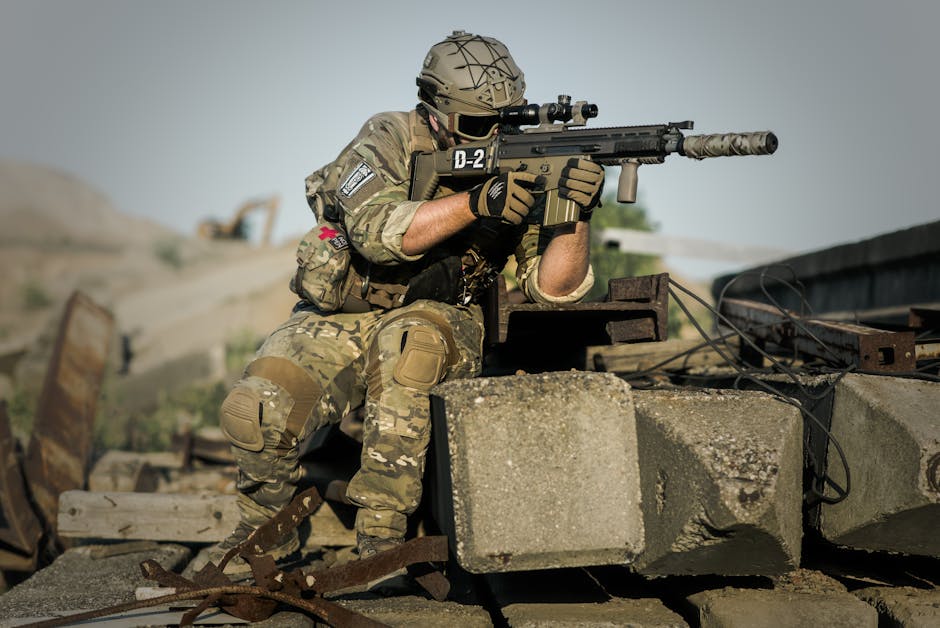A tentative US-Russian framework for peace in Ukraine has sent shockwaves across the continent, sparking a frantic race to respond to a deal brokered largely without its input. The corridors of power from Brussels to Berlin are buzzing with a volatile cocktail of relief, anxiety, and outright fury. While the prospect of ending a brutal war is welcome, the method is not: the deal was arranged in Washington and Moscow, leaving Europe—the continent most affected—to read the details in the press release.
Sidelined After Immense Sacrifice
For over two years, European nations have stood at the forefront of the response to the conflict. They have absorbed millions of Ukrainian refugees, re-engineered their energy infrastructure away from Russian gas at immense cost, and funnelled billions of euros in military and financial aid to Kyiv. This immense sacrifice, European leaders believed, earned them a primary seat at any negotiating table.
Instead, they now face the spectre of a “Yalta 2.0,” a settlement dictated by great powers that treats Europe as a geopolitical stage rather than a principal actor.
The ‘Pragmatic’ Peace Plan: A Minefield for Europe
The rumoured framework, with details still emerging, reportedly involves a ceasefire along current lines of contact. This would be followed by internationally monitored referendums in contested regions and, crucially, a guarantee of Ukrainian neutrality—barring it from NATO membership.
For Washington, facing a contentious election year and a strategic need to pivot towards China, a frozen conflict is a pragmatic win. For a beleaguered Russia, it offers a chance to lock in territorial gains and stabilize its economy. But for Europe, whose security is directly at stake, the plan is a minefield.
A Continent Divided: Paris, Berlin, and Warsaw React
The swift but dangerously fragmented reaction from European capitals exposes deep fissures within the Union. This fractured reaction is central to how Europe races to respond to the US-Russian Ukraine peace plan.
- Paris: President Emmanuel Macron, a long-time advocate for “European strategic autonomy,” is said to be livid. French officials see this as a validation of their fear that the US will always prioritise its own interests, forcing Europe to live with the consequences.
- Berlin: Germany, the EU’s economic engine, is caught in a familiar bind. Chancellor Olaf Scholz’s government is torn between its Atlanticist loyalty and the reality that a peace deal, however flawed, is essential for its industrial base to recover. This caution is viewed as weakness by its eastern neighbours.
- Warsaw & The Baltics: Nowhere is the sense of betrayal more acute. For these nations, any deal that rewards Russian aggression with territory is not peace, but a mere pause before the next invasion. They see the plan as appeasement that sacrifices their long-term security for short-term American political convenience.
A Cautionary Tale for Strategic Autonomy
From outside the continent, this European drama is being watched with keen interest. It serves as a potent cautionary tale about the perils of depending on a distant security guarantor. Nations like India, which have long championed strategic autonomy, see Europe’s predicament as a textbook example of what happens when a bloc with immense economic power fails to develop unified, independent geopolitical muscle.
As European leaders scramble for emergency summits, they face a monumental choice. Do they fall in line behind a US-led initiative that marginalises them, or do they find the unity to forge their own path? The ink on the Washington-Moscow plan may not be dry, but it has already redrawn the map of European power. The question now is whether Europe will finally pick up the pen.




